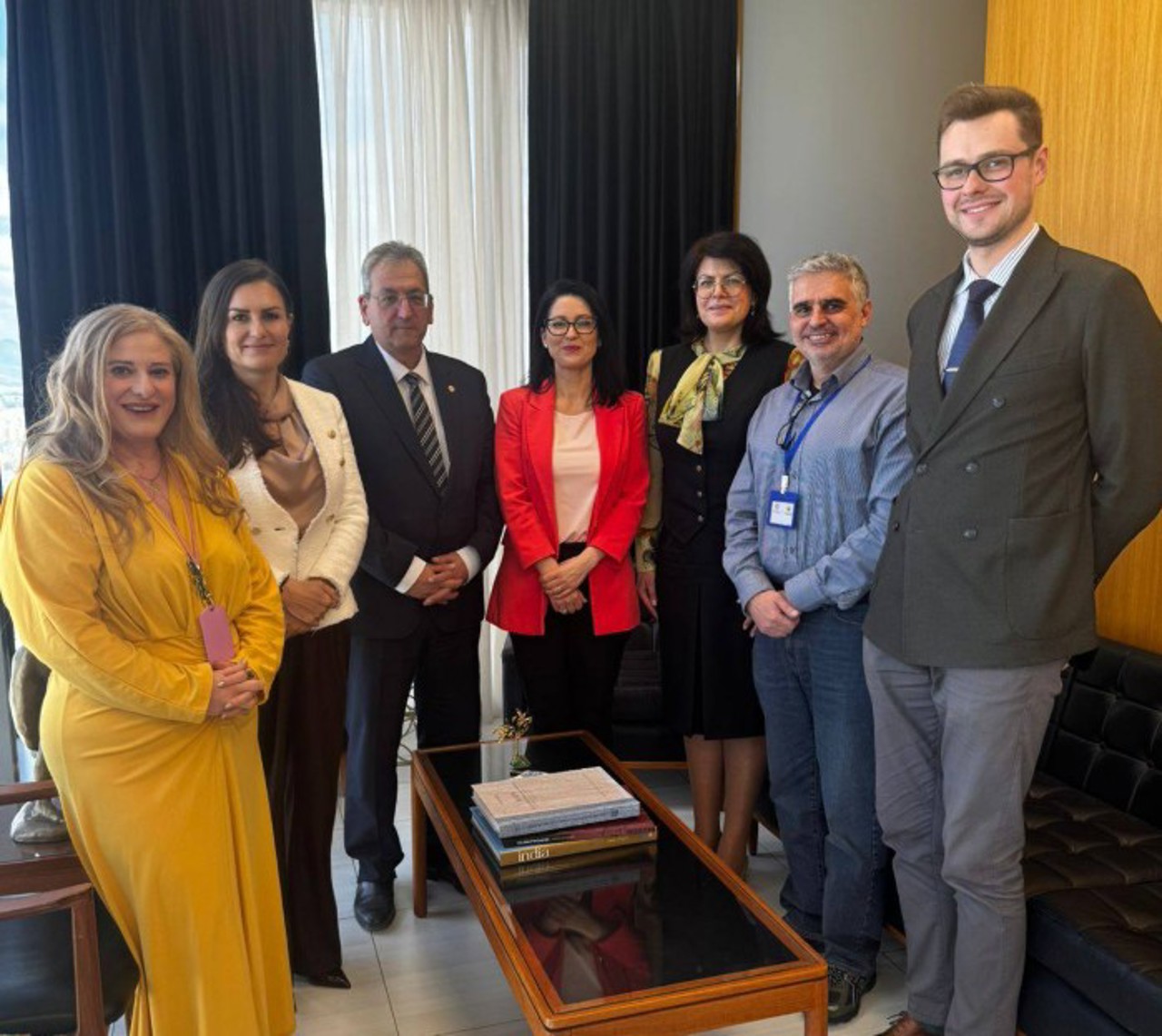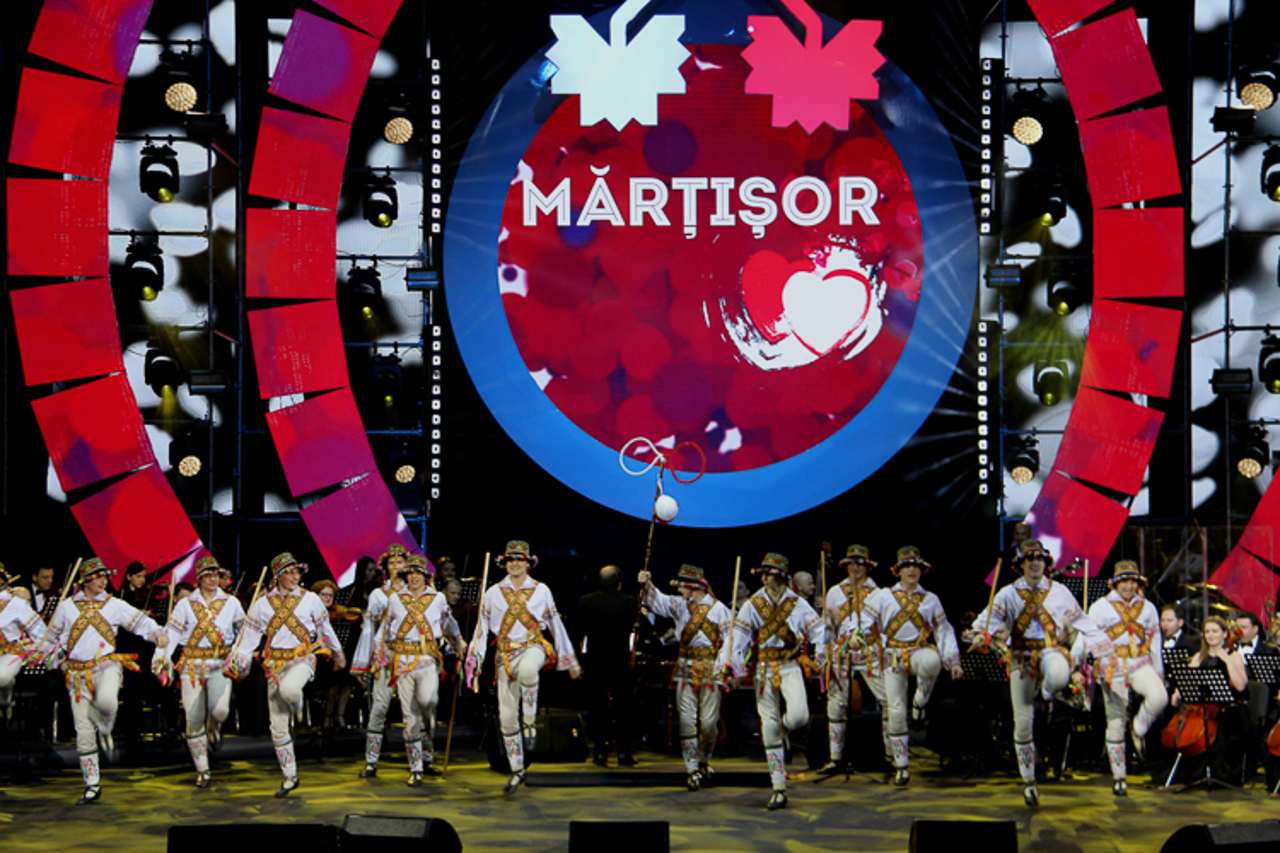Press review: Potential impact of Russian gas supply cessation to the Transnistrian region; civil status documents available for home or office printing
Media outlets in the Republic of Moldova continue to speculate on possible scenarios for early next year when the Russian Federation might cease the delivery of natural gas to the left bank of the Nistru River. Among other topics covered by Moldovan publications are the new reforms initiated by the authorities regarding civil acts and the increasing number of women who are no longer afraid to report domestic violence.

WatchDog expert Valeriu Pașa noted in an interview with Moldova 1 TV that while Russia has contractual obligations to deliver natural gas to the left bank of the Nistru, there is no guarantee that these supplies will reach the Transnistrian region after January 1. Pașa suggested that Russia could be aiming to provoke a humanitarian crisis in the transnistrian region to destabilize the region, intending to plunge residents into cold and poverty, which would in turn destabilize the entire situation in the Republic of Moldova. To achieve this goal, Russia is reportedly demanding that Chișinău pay off the so-called historical debt for gas supplied to the Transnistrian region before new gas volumes are delivered.
Concerns over a potential natural gas crisis starting January 1 are troubling the separatist administration in Tiraspol, as stated by Deputy Prime Minister for Reintegration Oleg Serebrian, who was quoted by Moldova 1 TV. Although Tiraspol avoids openly expressing its fears about an energy crisis, these concerns persist, especially among local businessmen.
If Gazprom halts gas supplies to the Transnistrian region in 2025, Chișinău plans to provide gas to residents of the left bank of the Nistru at market prices, according to TV8. Serebrian has mentioned that the government could offer compensation to residents during the cold season. He believes that Ukraine is likely to maintain its stance and continue to refuse the transit of Russian gas. The cessation of Russian gas supplies to the Transnistrian region would lead to “a significant crisis” and could result in “Russia losing control over the territory on the left bank of the Nistru,” according to former Deputy Prime Minister for Reintegration Gheorghe Bălan in an interview with Free Europe. To avoid such a scenario, Bălan suggested that Russia might simply reduce the volume of gas supplied to the region.
Janis Mazeiks, the European Union Ambassador to Chișinău, criticized disinformation propagated by the Russian Foreign Intelligence Service, which claimed that Brussels is excessively involved in Moldova's foreign policy. According to the diplomat, unlike Russia, which aims to undermine Moldovan democracy, European partners act transparently and openly support Moldova’s European aspirations. In the same discussion, political analyst Anatol Țăranu noted that the second round of the presidential elections in Romania is set for next Sunday, the outcome of which will significantly influence Moldova's future. “The victory of anti-Western candidate Călin Georgescu would mean an expansion of Russian influence within the European Union, thereby harming Moldova's European path,” Țăranu explained. Considering Romania's role as Moldova's most important economic partner and advocate for European integration, the election of a pro-Russian president could seriously complicate relations with Romania.
Several publications are highlighting a draft law developed by the government aimed at eliminating the requirement for citizens to present documents on paper. Ziarul Național reports that the legislative initiative would allow individuals to print civil status documents at home or in the office, as public and private institutions will gain direct access to data through digital platforms. Additionally, the project proposes expanding the powers of notaries, granting them the authority to register marriages, according to the publication. These new provisions would represent the most significant changes in this field in recent decades, as reported by Ziarul Național.
TV8 reveals that the number of women experiencing domestic violence and seeking help through the La Strada association's hotline is increasing year by year. Members of the association note that abused women are becoming more courageous and trusting in the services provided by the organization, which offers accommodation, psychological and legal assistance, as well as protection. In the 15 years since the service has been in operation, over 50,000 women have received help, as reported by TV8. Vocea Basarabiei announces that the European Union is investing 200 million euros in the rehabilitation of forests in the Republic of Moldova. These funds will be used to expand forested areas and rehabilitate degraded forest strips across a total area of over 63,000 hectares. The implementation of this project is expected to result in a reduction of approximately 12 million tons of carbon dioxide over the next 30 years, according to Vocea Basarabiei.
TVR Moldova reports on new support from Romania for the Republic of Moldova in the form of a self-contained laboratory for monitoring air quality, which has been donated to the environmental authorities in Chisinau. "The donation of movable property belonging to the private domain of the state to the Environmental Agency of the Republic of Moldova will enhance the capacity of the authorities to respond to events impacting air quality and the environment in general," stated the memorandum signed by the Romanian Minister of Environment, Waters and Forests, Mircea Fechet, and approved by the Executive, as reported by TVR Moldova. The donated vehicle is equipped with several pollutant analyzers, a meteorological station, data recording and storage equipment, and various other installations that will enable authorities to conduct relevant studies on air quality and to experimentally apply analysis techniques currently used at the European Union level.





